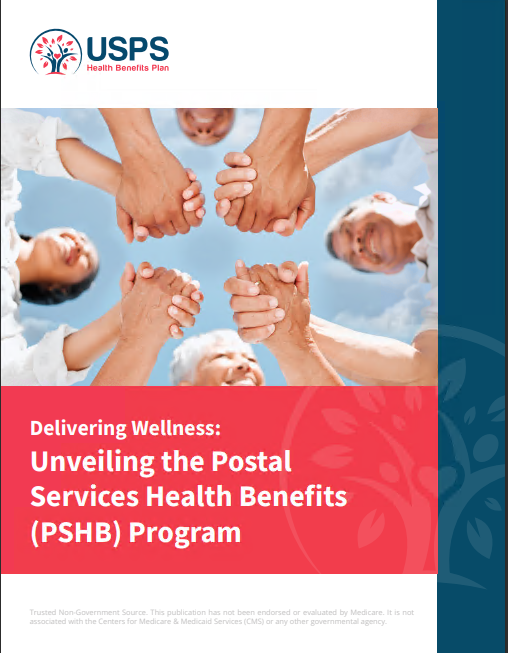Navigating Late Enrollment Penalties in Medicare: A Short Guide
Understanding Late Enrollment Penalties
What Are Late Enrollment Penalties?
Late enrollment penalties are financial penalties imposed by Medicare for individuals who delay enrollment in certain parts of Medicare beyond their initial enrollment period and do not qualify for a Special Enrollment Period. These penalties are designed to incentivize timely enrollment and help cover the cost of healthcare for those who enroll later.
Parts of Medicare Subject to Late Enrollment Penalties
Two main parts of Medicare may incur late enrollment penalties if not enrolled in during the initial enrollment period or a qualifying special enrollment period:
- Medicare Part B (Medical Insurance): Part B covers medical services, outpatient care, and preventive services. Delaying enrollment in Part B without qualifying coverage elsewhere can result in late enrollment penalties.
- Medicare Part D (Prescription Drug Coverage): Part D provides prescription drug coverage. Like Part B, delaying enrollment in Part D without creditable prescription drug coverage can lead to late enrollment penalties.
Calculating Late Enrollment Penalties
Late enrollment penalties for both Medicare Part B and Part D are calculated based on the number of months the individual was eligible for coverage but did not enroll. The penalty is added to the individual’s monthly premium for as long as they have the coverage.
The calculation for late enrollment penalties is as follows:
- Medicare Part B: The late enrollment penalty is 10% of the standard premium for each full 12-month period that the individual could have had Part B but didn’t enroll. This penalty is added to the individual’s Part B premium for as long as they have Part B coverage.
- Medicare Part D: The late enrollment penalty is calculated by multiplying 1% of the national base beneficiary premium by the number of full, uncovered months the individual didn’t have Part D or creditable prescription drug coverage. This penalty is added to the individual’s Part D premium for as long as they have Part D coverage.
Mitigating Late Enrollment Penalties
While late enrollment penalties can have long-term financial implications, there are steps individuals can take to mitigate their impact:
- Understand Enrollment Deadlines: Familiarize yourself with your initial enrollment period and special enrollment periods to avoid missing deadlines.
- Assess Coverage Needs: Evaluate your healthcare needs and determine which parts of Medicare are necessary for your situation.
- Enroll During Initial Enrollment Period: Enroll in Medicare Part B and Part D during your initial enrollment period to avoid late enrollment penalties.
- Consider Creditable Coverage: If you have creditable coverage through an employer or union, understand how it affects your Medicare enrollment and potential penalties.
- Explore Penalty Waivers: In certain circumstances, individuals may qualify for waivers or reductions of late enrollment penalties. These circumstances may include residing in a foreign country or receiving assistance through certain programs.
Conclusion
Late enrollment penalties in Medicare serve as a reminder of the importance of timely enrollment and understanding the complexities of Medicare coverage. By familiarizing yourself with enrollment deadlines, assessing coverage needs, and taking proactive steps to enroll in Medicare on time, you can avoid late enrollment penalties and maintain affordable healthcare coverage throughout your retirement.
Featured Articles
Leave Your Feedback






